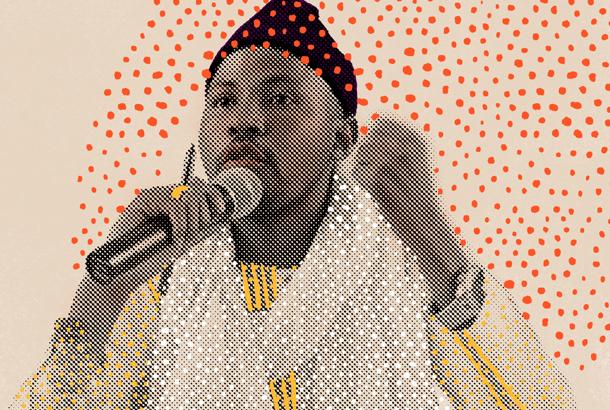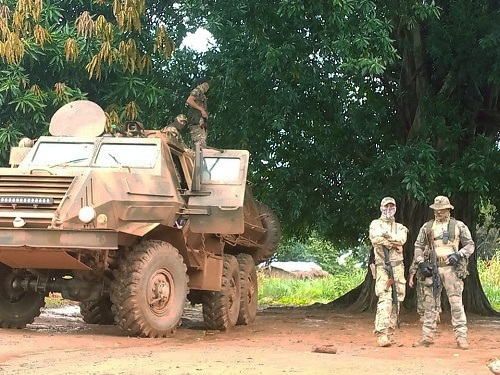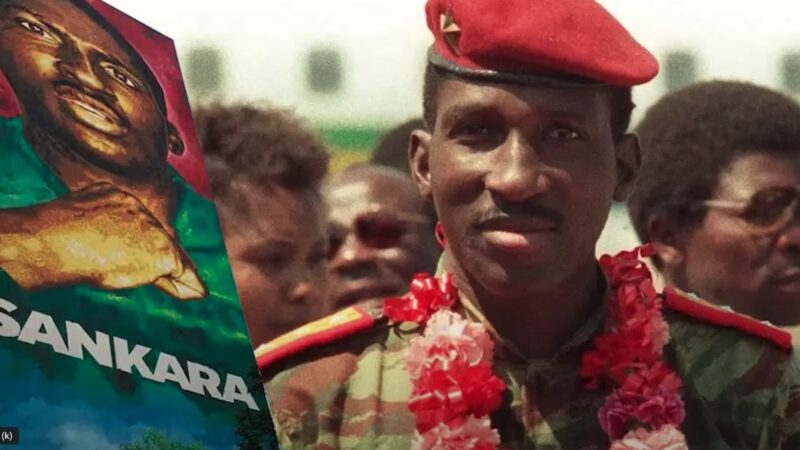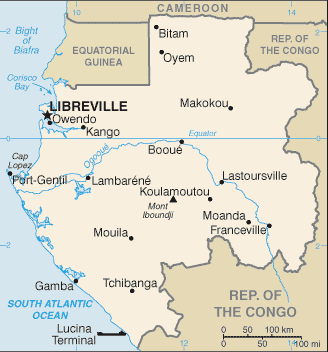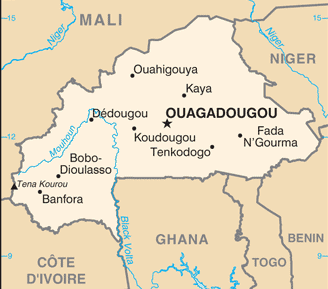
Hundreds of civilians massacred in Burkina Faso
Security forces in junta-led Burkina Faso summarily executed more than 223 civilians, including at least 56 children, in the northern villages of Nondin and Soro in February, according to a Human Rights Watch report. The report says the massacres are among the worst atrocities carried out during the country’s nearly 10-year internal conflict, and may amount to crimes against humanity. Survivors said they were accused by the military of being complicit with jihadists—which is a common and unfair charge that soldiers make against civilians living in areas where militants operate. Abuses like this have increased significantly under the current junta. (Map: Perry-Castañeda Library)




